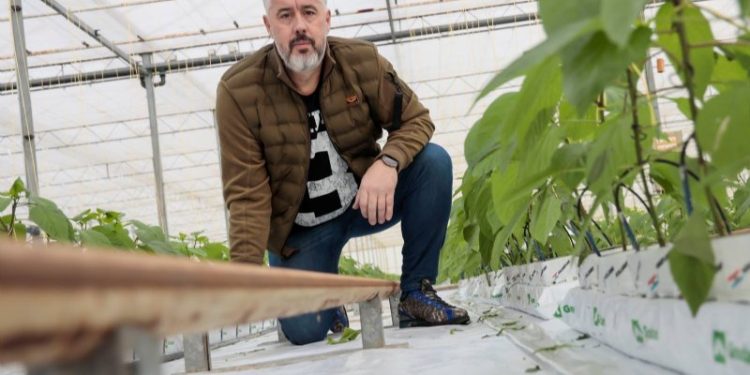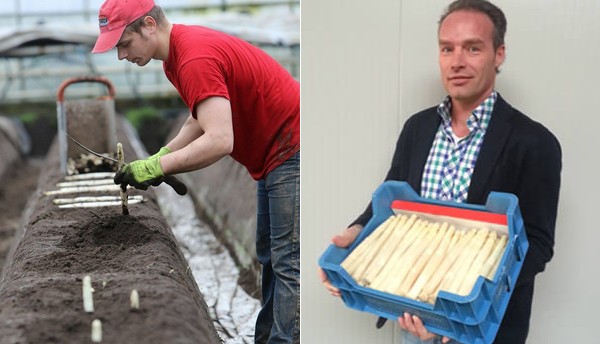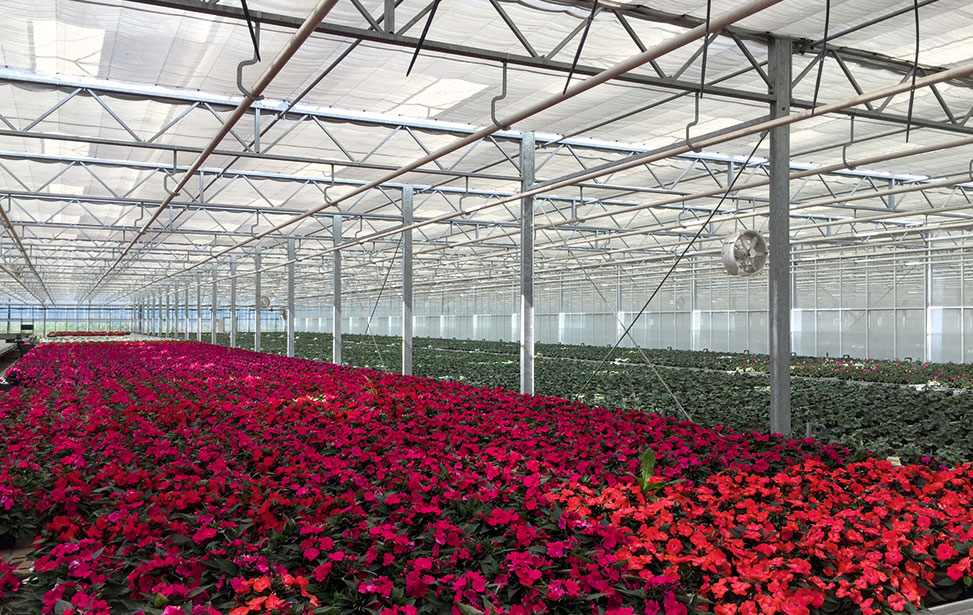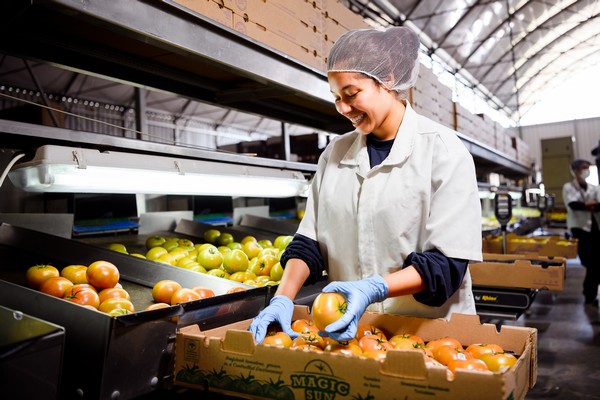#Sustainability #Horticulture #EnergyTransition #CollaborativeInitiatives #Innovation #EconomicChallenges #RenewableEnergy #SmartGrid #AgriculturalResilience
In the heart of Heerhugowaard-Noord, the greenhouse enterprises of the Altongebied have united under the banner of the Ondernemers Vereniging Alton (OVAL). Collaborating with various entities including the HVC waste facility, local government bodies, and financial institutions, OVAL aims to chart a course towards sustainability and resilience in the Alton horticultural region.
A pivotal focus within the Alton Implementation Program is the energy transition. Ambitions are set high, with a target to slash CO2 emissions in Alton by 75% by 2030 compared to 2014 levels, ultimately striving for carbon neutrality by 2040. However, the recent geopolitical landscape and volatile market conditions, exacerbated by events like the conflict in Ukraine, have underscored the need for flexibility and adaptation in these endeavors.
Despite concerted efforts, challenges persist, particularly in the realm of energy economics. Marcel Numan, a prominent paprika grower and chairperson of OVAL, highlights the unforeseen complexities arising from the transition to alternative heating sources. Initially touted as a win-win scenario, leveraging waste heat from the HVC facility has proven less lucrative than anticipated, especially with the escalation of gas prices.
The absence of consistent support mechanisms further compounds the situation, leaving pioneering enterprises without the necessary safety nets. Structural impediments, such as grid limitations hindering renewable energy uptake, exacerbate the struggle for sustainability. Despite these hurdles, stakeholders remain undeterred, advocating for systemic changes and innovative solutions.
Dave Vlaming of the Ontwikkelbedrijf Noord-Holland Noord reflects on the milestones achieved through collaborative efforts outlined in the area agreement. While challenges loom large, promising developments signal progress. Investments in infrastructure, advocacy for policy interventions, and exploration of novel concepts like Smart Grid technology offer glimmers of hope amidst the complexities.
As Alton navigates this transformative journey, it underscores the resilience and determination of its stakeholders. While the road ahead may be fraught with challenges, the collective vision for a sustainable future remains unwavering. Through collaboration, innovation, and strategic partnerships, Alton stands poised to carve out a pioneering path in the realm of sustainable horticulture.










